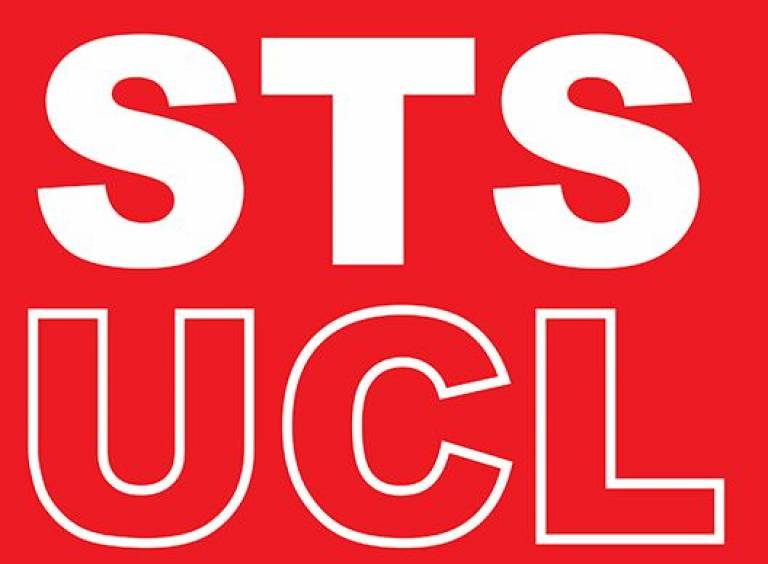UCL STS Seminar series: Federica Russo
21 February 2024, 4:00 pm–5:30 pm

UCL STS Seminar series : Interconnected health-environmental challenges: Between the implosion of the modernist evidence regime and the emergence of alternative evidence practices
This event is free.
Event Information
Open to
- All
Availability
- Yes
Cost
- Free
Organiser
-
UCL Department of Science and Technology Studies
Location
-
G25IOE- John Adams Hall14, 15–23 Endsleigh StreetLondonWC1H 0DP
Abstract
The COVID-19 pandemic, pollution or obesity are only a few examples of the numerous and intertwined health-environmental challenges humanity is facing. We often observe that health and environmental research fails to generate knowledge and evidence to support decisions and actions that can help to address, mitigate or adapt to them. In this article, we look into some of the underlying assumptions underpinning mainstream research in the health and environmental sciences, especially the separation between knowledge and action, a mechanicistic worldview, both accompanied by the view of an alleged value-neutrality of research. We show that these assumptions underpin what we call a “modernist evidence regime” as embedded in certain socio-cultural contexts and historically evolving and changing. We also discuss participatory research practices that have emerged in sustainability and public health research. These research practices foster pluralistic and inclusive processes that rely on different assumptions that see: knowledge and action as inextricably entangled, a complexity-based understanding of the world combined with the non-neutrality of research. We discuss whether and to what extent the modernist evidence regime is failing to provide knowledge and evidence to address such complex challenges; what might be the reasons for these failures; whether the new forms of participatory research may represent a new and incipient “participatory evidence regime”; to what extent this incipient evidence regime constitute a radical alternative to the modernist regime or rather an invitation to liberalise it.
About the Speaker
Federica Russo
Professor of Philosophy and Ethics of Techno-Science & Westerdijk Chair at Freudenthal Institute, Utrecht University
More about Federica Russo Close
Close

